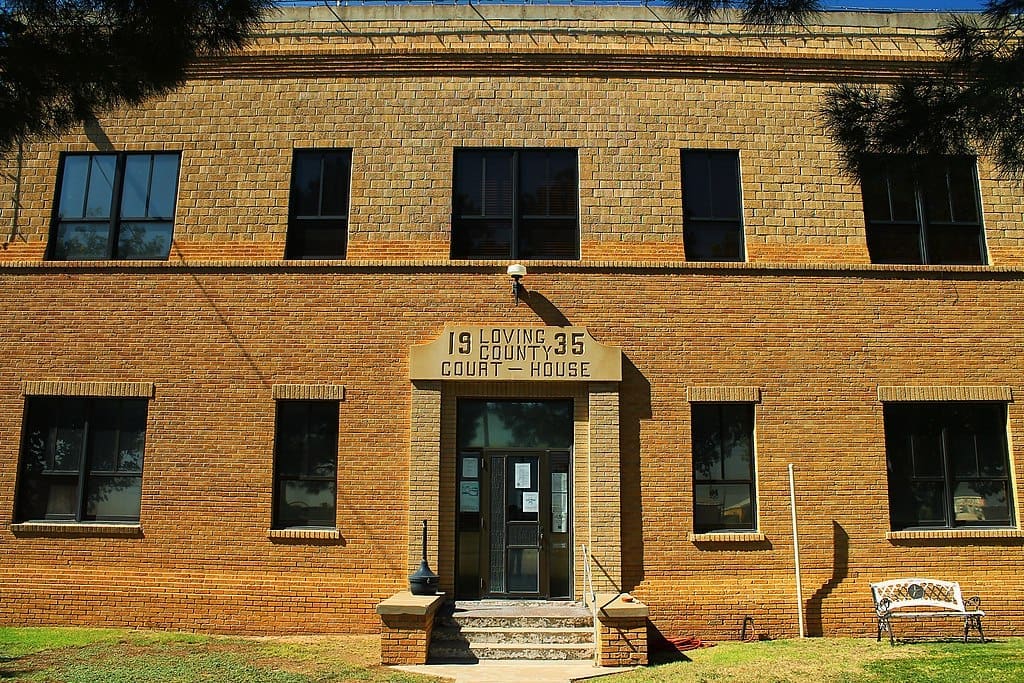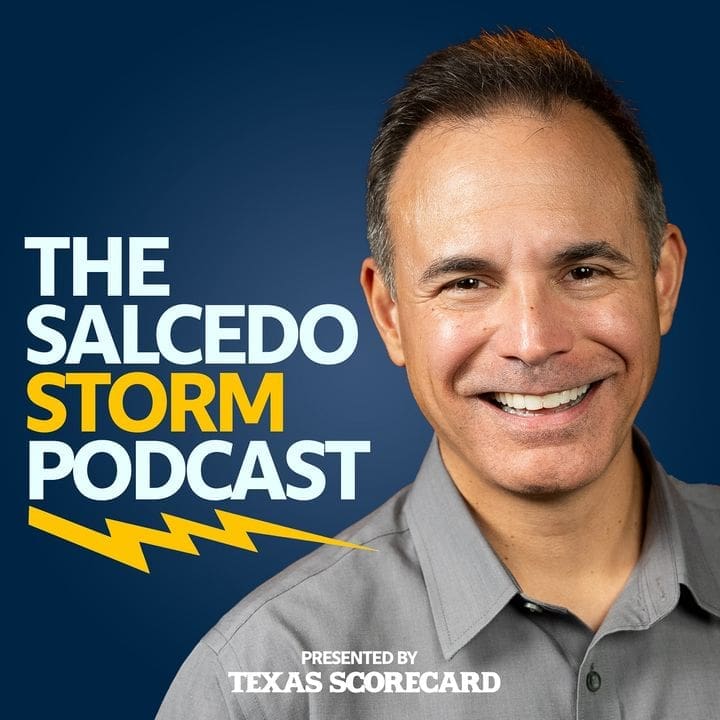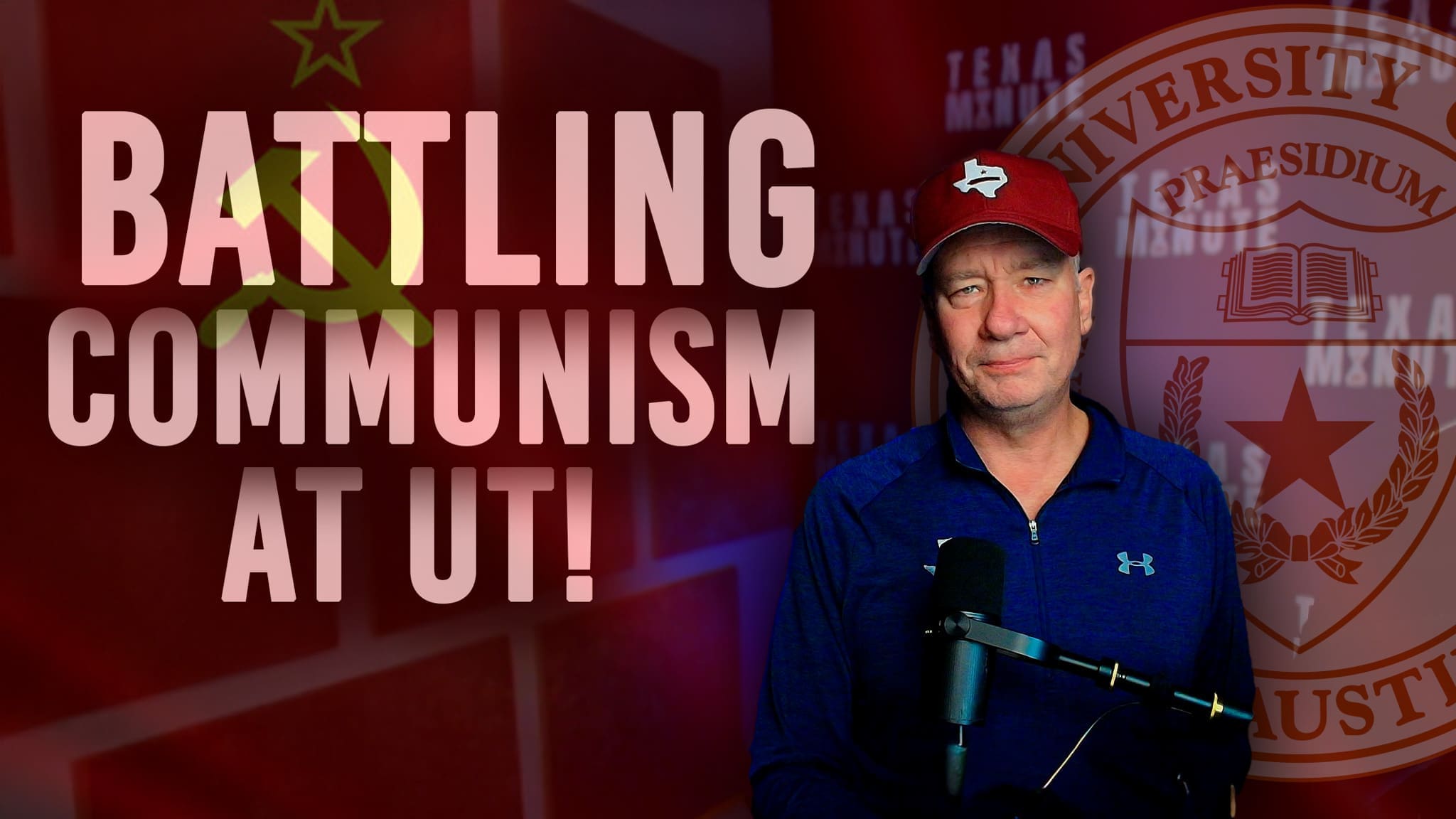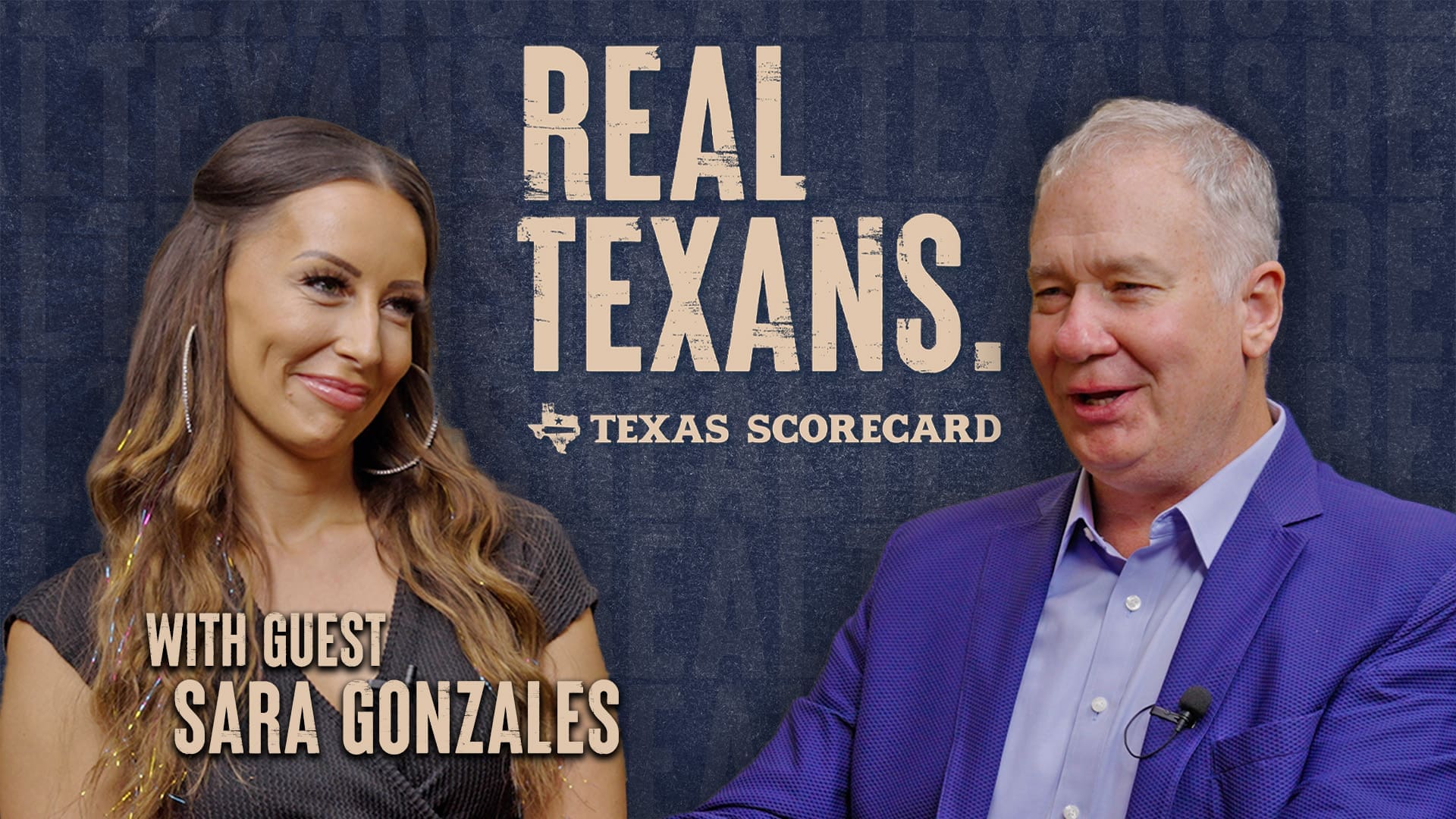A taxpayer-funded North Texas university has asked the state’s attorney general to hide certain communications they’ve had about a conservative student organization on campus, raising questions about school officials’ discussions and giving Texans an opportunity to push for more transparency in public schools. One of the university’s arguments to hide these communications involves “preliminary” drafts of documents intended for release.
In June, an extreme-left coalition led by College Democrats launched a petition to ban Young Conservatives of Texas from the University of North Texas. UNT President Neal Smatresk joined the fray, saying the university was “looking into” allegations from a member of this coalition against YCT at UNT.
On July 9, Texas Scorecard sent an open records request to UNT, requesting all communications in the possession of Smatresk and UNT that include the keywords “Kelly Neidert” (chairwoman of YCT at UNT), “YCT,” and/or “Young Conservatives of Texas.”
On July 16, North Texas Daily, UNT’s taxpayer-funded student newspaper, published a biased article about the petition to ban YCT at UNT. Nowhere in the article did it mention the threats of violence leveled at YCT or Neidert, and the article frames the extreme-left coalition as the victims. A day later, Texas Scorecard sent an open records request for all communications that North Texas Daily and the author of the biased article have that mention YCT.
On July 24, in response to our first open records request, UNT appealed to Texas Attorney General Ken Paxton to keep portions of these communications hidden.
On July 31, they appealed to Paxton’s office again, in response to our open records request directed at the taxpayer-funded school newspaper.
For the first request, UNT sent a follow-up letter to Paxton’s office, in which they quote portions of the Texas Education Code in support of keeping certain communications hidden, claiming release would “interfere with an ongoing compliance investigation” and that say the exception “is intended to protect advice and opinion on policy matters and to encourage frank and open discussion within a governmental agency” when making decisions.
UNT adds part of the information they want to keep hidden is the name of the person who filed the complaint against YCT at UNT.
Is there a draft document UNT was preparing but then decided against publishing?
YCT at UNT and its chairwoman, Kelly Neidert, have been subject to threats of violence, and the organization’s leaders have said they would not feel safe if they had to attend class on campus right now. They say UNT’s dean of students is on their side, is actively protecting all students’ freedom of speech, and agrees they’ve violated no university rules, but Smatresk has had no communications with YCT at UNT or delivered any public statement on UNT’s investigation into the allegations made against them.
Smatresk’s office has not replied to inquiries about the threats made to YCT at UNT nor any other inquiries sent to his office on this subject. UNT’s public silence–in addition to their appeals to hide communications about YCT at UNT—raises further questions about what is happening behind closed doors.
Texas Senate Bill 18, also called the “campus free speech bill,” became state law last September and prohibits UNT from banning organizations like YCT from the campus.
Texans concerned about school transparency, accountability, and free speech can contact Attorney General Ken Paxton, their state representative, state senator, and Gov. Greg Abbott.





